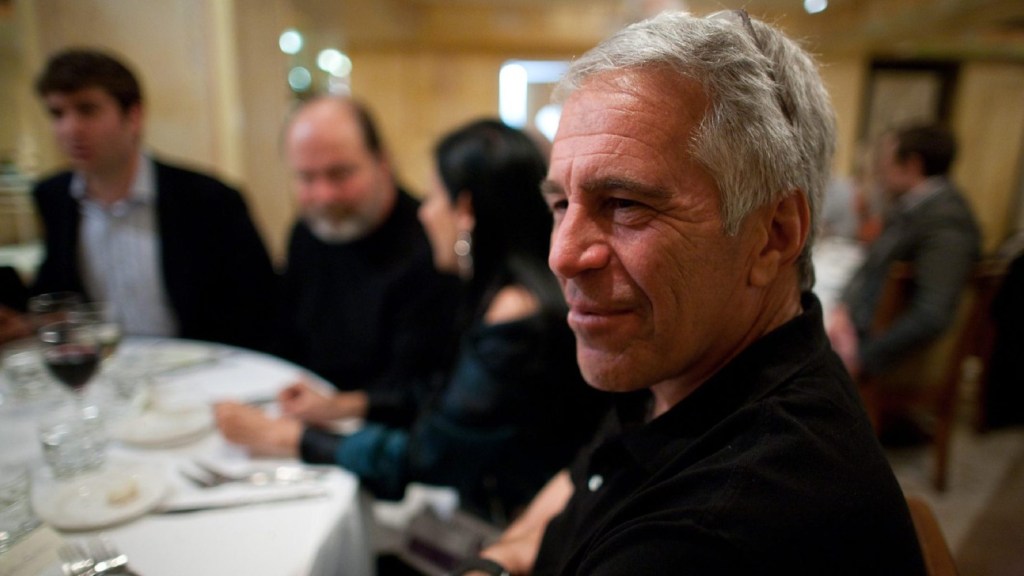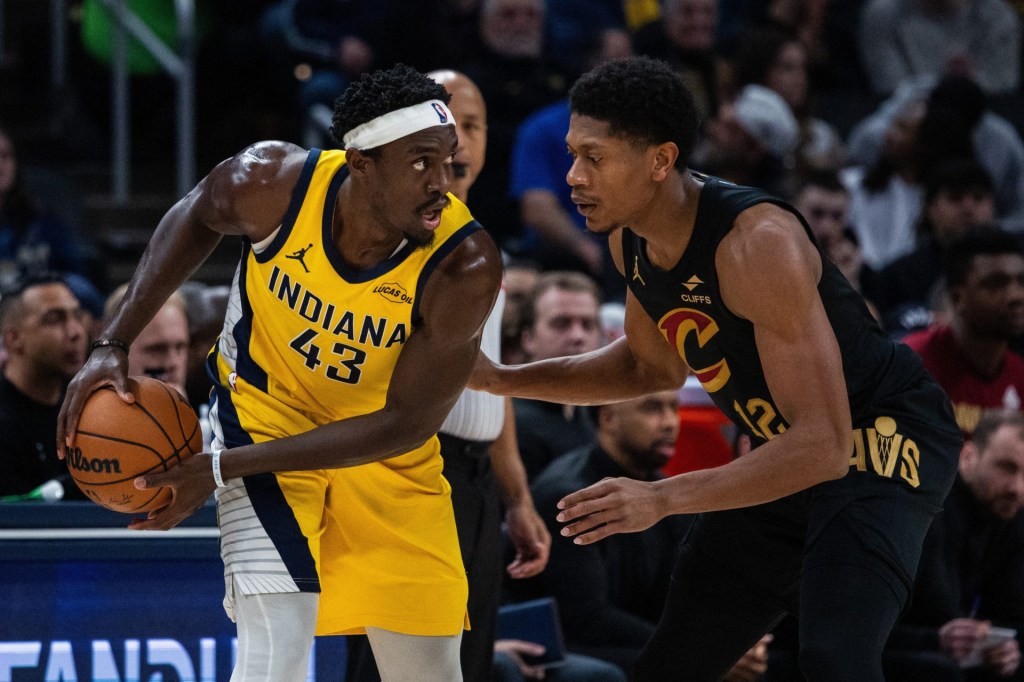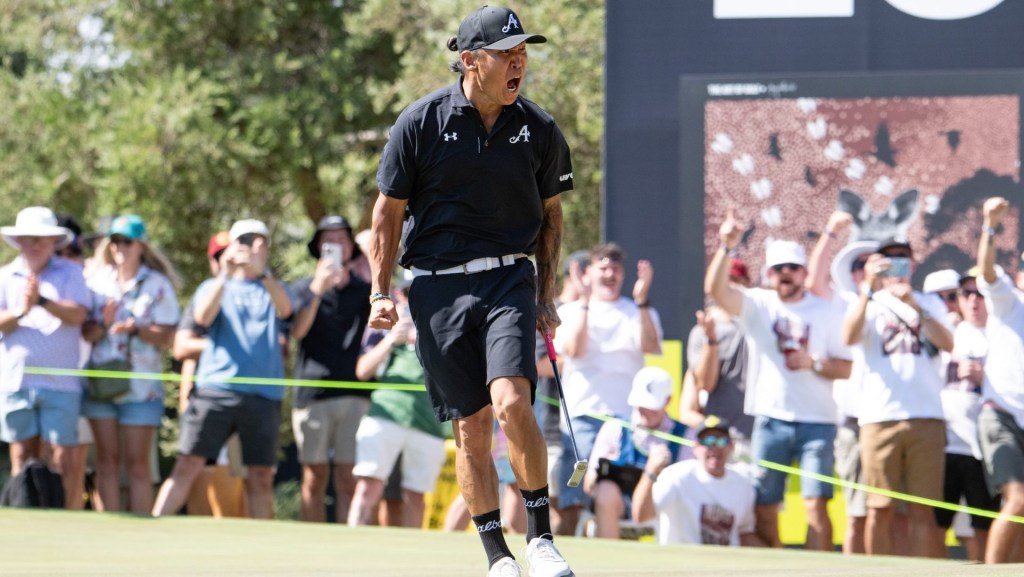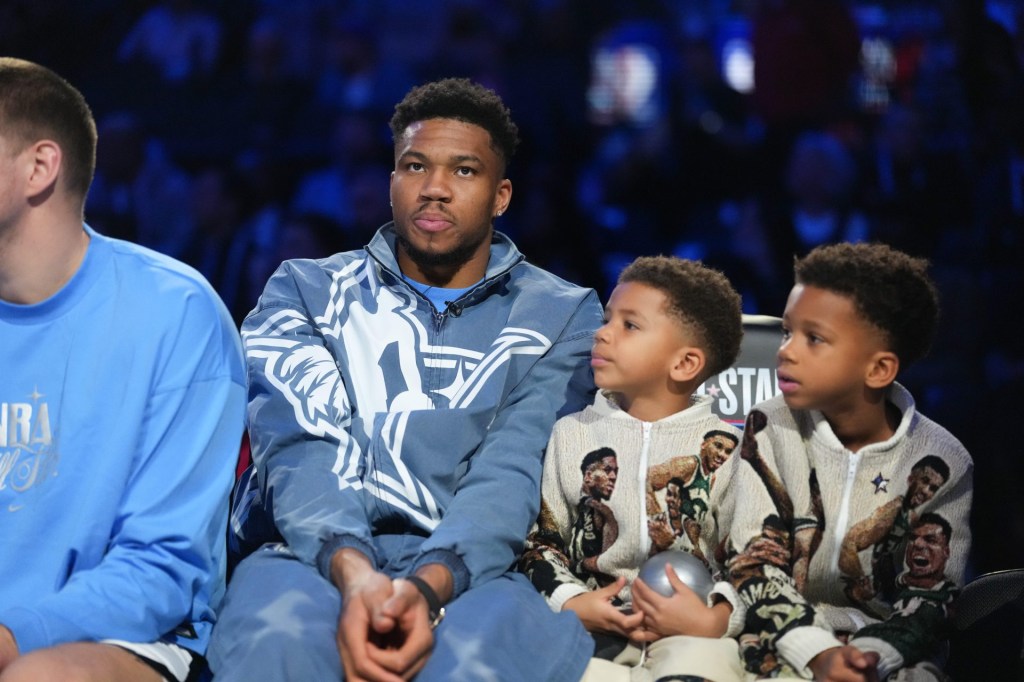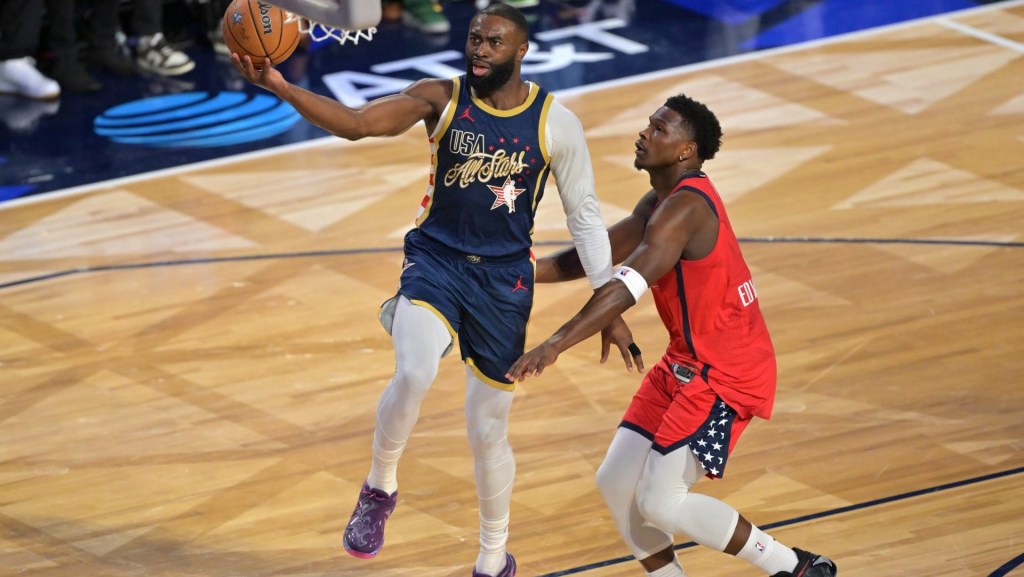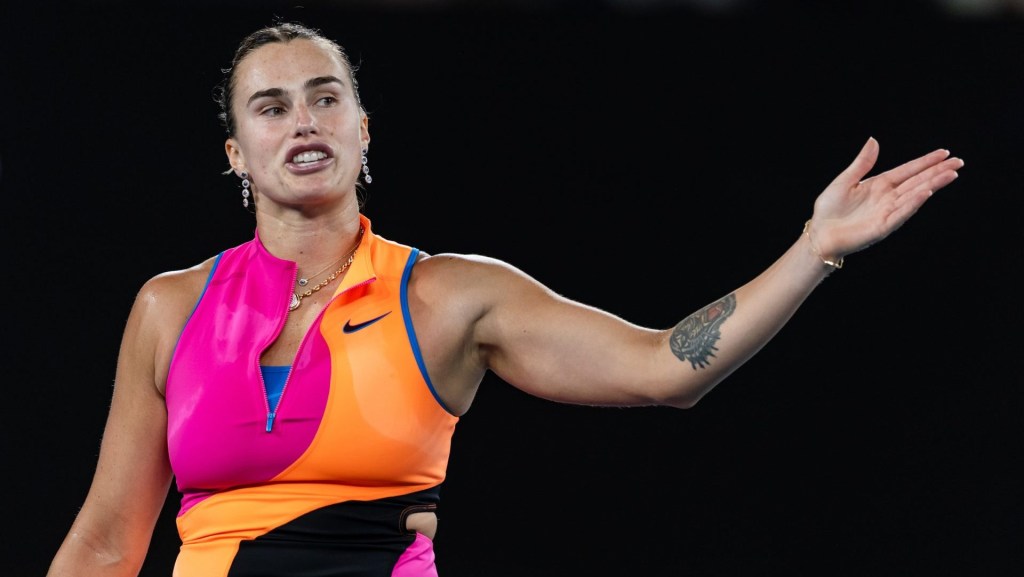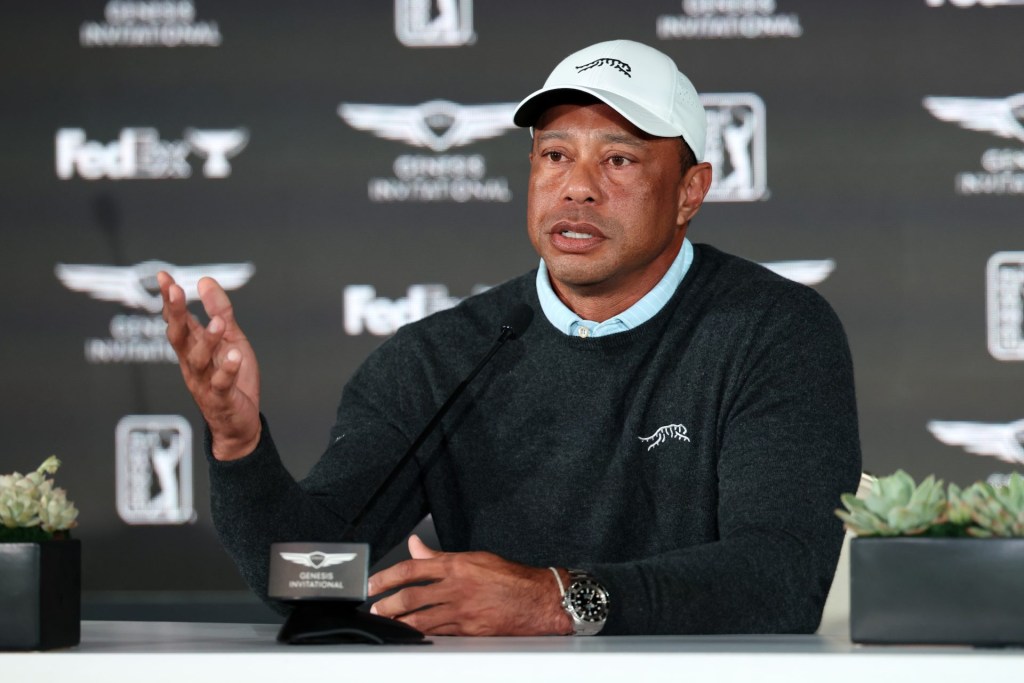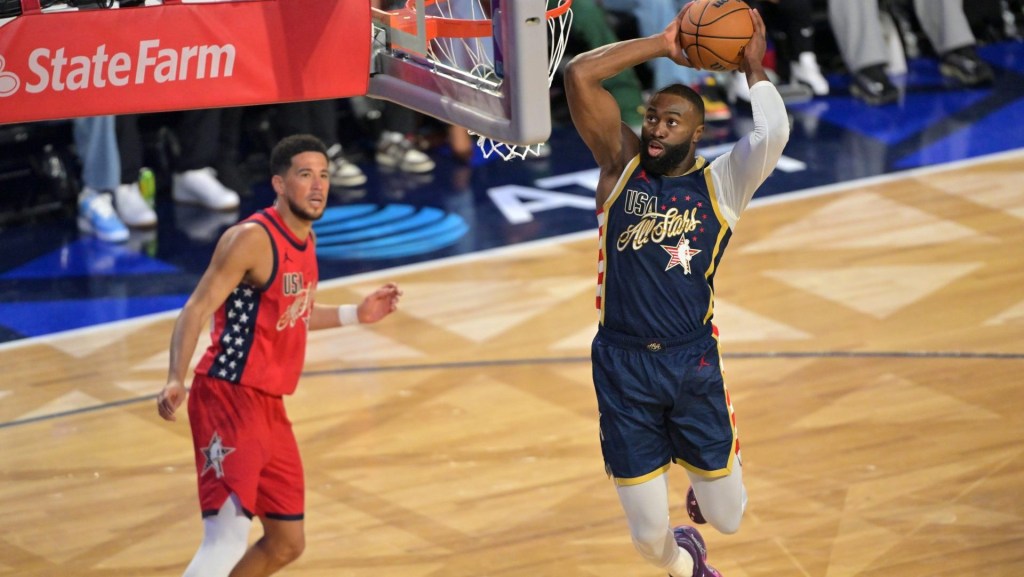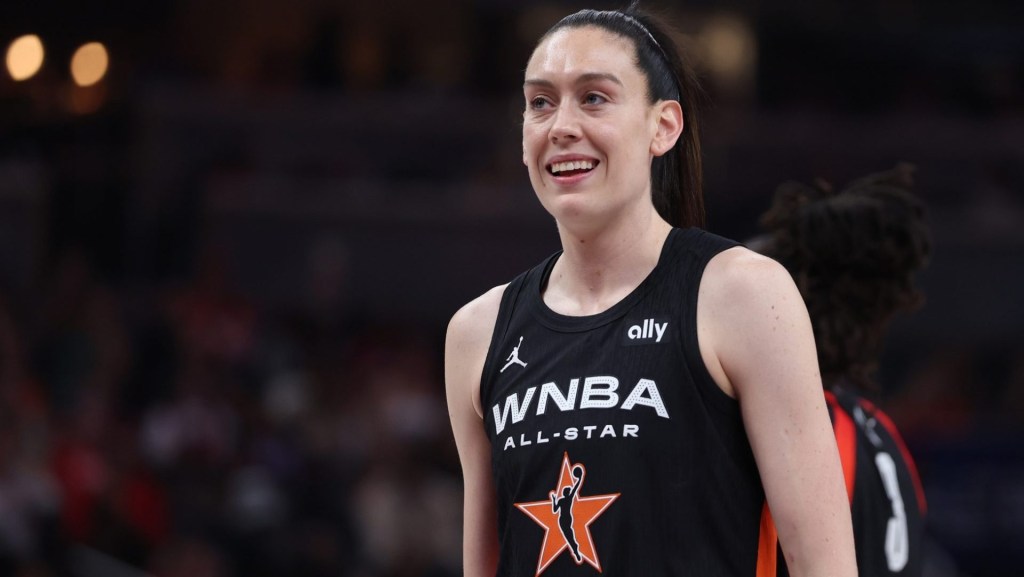However the legacy of the Villanova Knicks ends in the Big Apple, New York has to thank the Pelicans for it.
That’s because of Josh Hart and the bizarre contract the Knicks traded for a year ago.
Hart, who hit the series-clinching three against the Sixers in the first round of the NBA playoffs and has carved out the junkyard dog role on Tom Thibodeau’s team, has an interesting footnote in the NBA. Before signing a four-year, $81 million contract extension this past August, Hart was on one of the more unique deals in the league.
In 2021, Hart was a Pelicans restricted free agent after coming to New Orleans from the Lakers in the Anthony Davis trade. He signed a three-year, $38 million extension that summer that raised eyebrows when it was first reported.
“Other agents and team people, it was a mix of people saying, ‘This is really interesting, how did this happen?” Dave Spahn, one of Hart’s three agents at CAA, told Front Office Sports. “That was one side. And the other side was, ‘What the hell is that, what a terrible deal.’”
The NBA was fresh off a 72-game truncated season after finishing the prior one in the Orlando bubble due to the COVID-19 pandemic. The salary cap was flat, mainly because league revenue was down since fans weren’t in the stands for much of the season. It was August, and Hart remained unsigned three weeks into free agency, with only so many roster spots remaining and so much cap space left to work with.
Hart and the Pelicans wound up agreeing to a three-year, $38 million extension that came with multiple caveats. For starters, only $12 million of it was guaranteed, all in the first year. The second year was nonguaranteed for $13 million—essentially functioning as a team-option with a deadline of June 25, 2022. And the final year was a player-option, allowing Hart to decide whether he wanted to become an unrestricted free agent a year early. Hart himself called the deal a “low point” that signified that the Pelicans “don’t want me.” He told Taylor Rooks this summer that the contract made him play with the “mentality of just f*** you. … I’m worth more than this.”
“I think as in a lot of cases in life innovation is usually born out of necessity,” Spahn says. “We looked around and were like, ‘How can we figure out a creative way to get him to free agency quicker?’ Because we feel like this deal is just under-market for Josh, but we didn’t have a ton of options at the time to get him more money. The way I look at this is if you can’t get the number as an agent that you want for your guy, just try to get him to free agency quicker.”
NBA contracts tend to have either a player- or team-option, usually in the final year of a deal. (Rookie contracts end with two team-options back-to-back.) Hart’s contract essentially had one of each stacked on top of the other, which is relatively unheard of.
“I think it’s a unique contract,” Bobby Marks, the former assistant general manager of the Nets and current front office insider for ESPN, told Front Office Sports. “It’s unique where it gave him the option of becoming a free agent, but it also gave the Pelicans the option, where they could waive him without any [financial] responsibility. I would say, the player having an option, you know a nonguaranteed in the second year and then basically dual player-option with a nonguarantee date is extremely, extremely rare.”
NBA teams often covet contracts that have team control, especially in the back end of the deal, which is why Harts’ agents suspected he’d be desired in trades when he signed the three-year extension. In his first year of the deal, Hart was traded to the Trail Blazers in February 2022 in a package for CJ McCollum. Portland fully guaranteed the second year of his extension for roughly $13 million that June. The following February, Hart was on the move again, this time to the Knicks, where he reunited with Jalen Brunson, his college teammate at Villanova. Hart immediately became a fan favorite for his gritty play and helped the Knicks win their first playoff series in a decade last year. He has shown fans his personality, too, recently trash-talking former Knicks killer Reggie Miller towards the end of Game 2 of the Knicks-Pacers series Wednesday night. The Knicks won to go up 2-0 in the series and Miller was calling the game for TNT while fans chanted “F*** you Reggie,”
“I don’t know if you heard but I think they’re saying, ‘F*** you,’” Hart told Miller.
This past June, Hart opted into the final year of his original Pelicans extension, a player-option at almost $13 million. That allowed New York the financial flexibility to sign another former Villanova teammate, Donte DiVincenzo, to a four-year, $47 million deal. DiVincenzo, too, has become another playoff hero this spring after hitting clutch shots against both the Sixers and Pacers. Had Hart declined the option and entered free agency outright, it could have ended differently, according to Marks’s cap analysis.
“If he would have become a free agent and signed that where the extension is right now at that $18.1 million next year, I don’t know if New York would have been able to sign Donte,” Marks said. “As far as where they are, where they were with the hard cap and everything. So it was kind of, ‘Hey, you opt in to this, we’ll take care of you next year.’ You basically have to kind of sit in a little bit of a holding pattern here.”
Looking back, Marks said Hart’s situation was a matter of unfortunate timing with the league grappling with lost revenue from the pandemic.
“It’s almost like he benefited by the circumstances of the 2020 offseason where the cap stayed flat,” Marks said. “But he had to wait basically, you know, a few years later to kind of make good with that.”
Hart’s contract hasn’t been replicated in the NBA since, although teams do protect themselves with players who have injury histories, like Joel Embiid and Zion Williamson. Spahn said he could foresee unique situations where a deal like Hart’s makes sense, but added it likely wouldn’t be the player’s preference.
“I think the issue is as an agent you always prefer player-option over team-option which is why mutual option was so unique,” he says. “It’s a lesson that free agency isn’t always the glitz and glamor that players think it is.”
Its legacy lives on in New Orleans, though, the city where Hart first agreed to it. At Tulane University, a few miles over from the Smoothie King Center where the Pelicans play, the university hosts the Tulane Professional Basketball Negotiation Competition. Every year, NBA executives fly in and watch the school’s law students showcase their negotiation skills and knowledge of the league’s collective bargaining agreement.
“This contract has been used as an example when teams are negotiating fictitiously a new contract for a restricted free agent,” Marks said. “Like this is always the one that’s always brought up.”
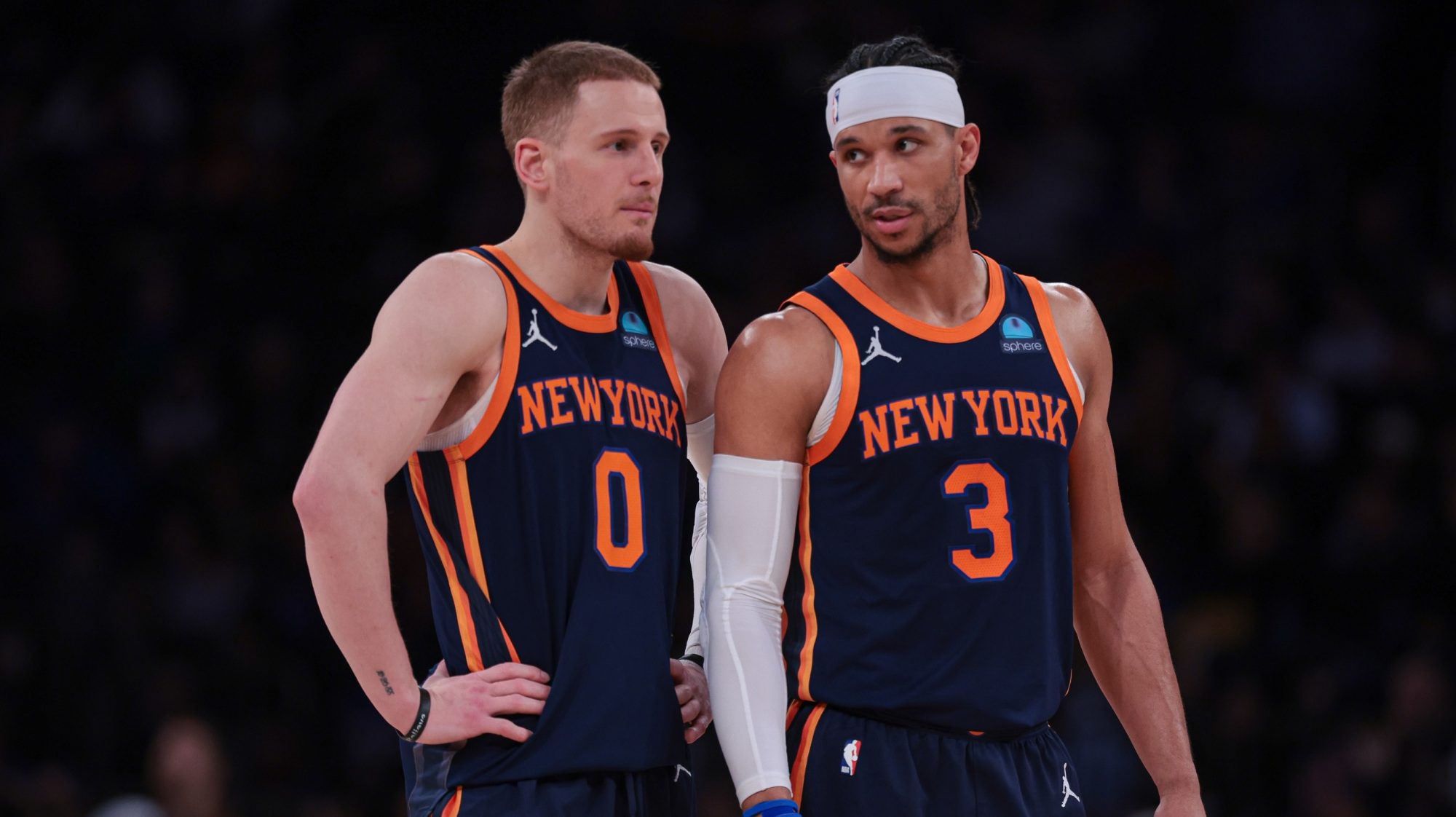
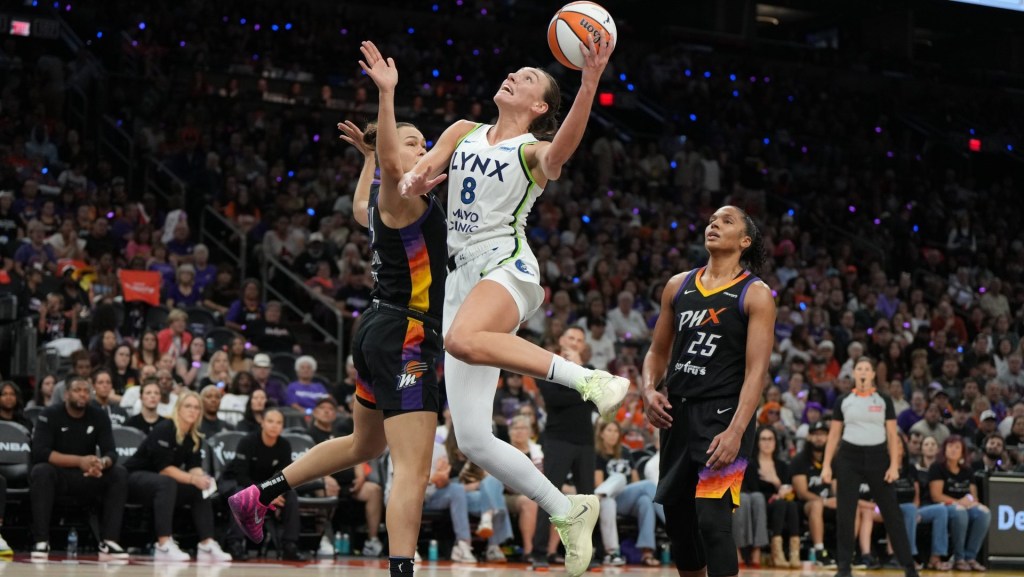
![[Subscription Customers Only] Jul 13, 2025; East Rutherford, New Jersey, USA; Chelsea FC midfielder Cole Palmer (10) celebrates winning the final of the 2025 FIFA Club World Cup at MetLife Stadium](https://frontofficesports.com/wp-content/uploads/2026/02/USATSI_26636703-scaled-e1770932227605.jpg?quality=100&w=1024)
